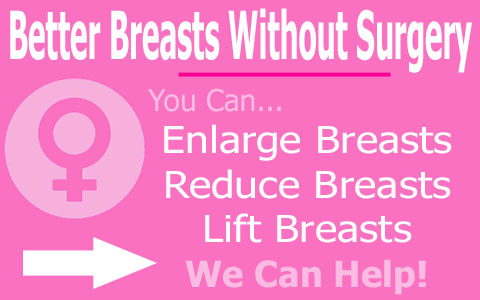
Breast milk is the first form of nutrition many babies receive and a wonderful miracle of nature. Human milk is produced through hormonal changes associated with pregnancy and birth and is the ideal substance to feed any young child. This intriguing article details the production of human milk, as well as the benefits of breastfeeding to mother and infant, alike.
Furthermore, we provide guidance on resolving many of the troublesome mind and body concerns often associated with nursing an infant.
Breast Milk and Breastfeeding
Breastfeeding, also called nursing, is the term used to describe direct feeding of an infant from the nipple. Babies are born with a natural instinct to seek the breast and most will have no trouble finding the nourishment they need from mom.
Sometimes, certain problems can occur during nursing, mostly related to anatomical abnormalities, such as an inverted nipple, or facial and palate irregularities in the infant. Luckily, there is typically a solution to almost every breastfeeding concern.
Women who are breastfeeding must be vigilant to eat a proper diet, since their food consumption directly affects the nutritional quality of the milk they provide to their infant.
Likewise, they must do everything to stay healthy, since viruses can also be passed along to their precious child.
Human Milk Benefits
It is well established that breastfeeding is the best way to nourish a newborn. While commercial baby formulas cover the nutritional requirements just fine, there is no substitute for the other ingredients found in organic human milk.
Mothers pass along crucial antibodies and other chemicals to their children through their milk. These chemicals help a child develop a strong immune system and grow up fast and strong.
There is also undeniable evidence that breastfeeding helps to bond a mother and child, both through the time spent together in intimate contact, as well as through the sharing of certain powerful amino acids which stimulate positive brain activity.
Breast Milk Factsheet
Nursing is a valuable and vital time for mother and child alike. It is natural for the breast to produce milk and providing this sustenance to a new child is a very rewarding experience.
Breastfeeding will sooth mother and child and give the infant all the nourishment it requires to become a healthy young toddler.
If you are having trouble nursing or producing enough milk, there are solutions which can help. Talk to your doctor about any concerns and they will help you to devise effective strategies to preserve this shared experience between you and your beautiful new baby.
For women who can not breastfeed, but still want their children to benefit from organic human milk, there are milk bank programs set up in many areas of the US and in some other countries. These programs allow women to donate excess milk to help infants who can not receive milk from their natural mother.
Your doctor can provide additional information about milk bank participation upon request.



